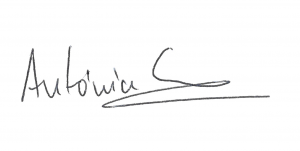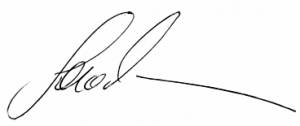Foreword
A while ago Antonia Correia came up with the idea to publish a book containing tourism research created by women. As we started inviting women to contribute, we were surprised by the enthusiasm for the project and by the many amazing women tourism researchers who agreed to contribute. The initial vision was to showcase the contributions women have made to the field of tourism research. As contributors shared with us their own thoughts about the project – about the wording of the title, about the content, about the desire to offer guidance to the next generation of women in tourism research – the final concept emerged: each contributor would have the opportunity to present what they believe are their key contributions to tourism knowledge or methodology as well as – in a separate section – observations they have made throughout their career that may be useful to early career researchers. These observations are presented in a letter to future generations of women tourism researchers.
Four guiding principles underpin this collaborative project:
- First, under no circumstances should this book be interpreted as an act of disrespect or hostility towards our wonderful colleagues who are men. Men tourism researchers have made huge contributions to tourism knowledge. We acknowledge these contributions and are grateful for them. Men tourism researchers have also been amazing mentors to many of us. This book does not seek to devalue any of that, but rather to shine the spotlight on knowledge created by women tourism researchers and to make accessible to the next generation the reflections of these women on their professional careers.
- Second, we wanted women who agreed to co-create this book with us to have the freedom to express their contributions to knowledge in whichever way they wanted. In today’s academic environment researchers are extremely limited in what they investigate, how they investigate it, and how they present it to be acknowledged as a legitimate contribution by their employers. Many of these limitations do not incentivise the most exciting research, and they certainly are not conducive to presenting work in the most interesting and accessible way. This book project lifts those limitations, giving contributors the freedom to choose the presentation format: they could write a traditional paper, a long paper, a short communication, or they could record a video, write a poem, create a collage, or draw their contributions.
- Third, many contributors felt strongly that we should leverage access to all those amazing women scholars to create a resource for early career researchers. We had in mind women early career researchers, but we hope that men entering a career in tourism research may also find some of the content informative. The way we implemented this “collective mentoring” dimension of the book was to invite each contributor to write a letter to the women tourism researchers of the future. The resulting letters are a true joy to read – they represent a kaleidoscope of experiences women have had during their professional lives as tourism researchers and a wealth of useful observations and advice for the next generation.
- Fourth, this version of the book is only the beginning. Women’s voices in tourism research is an inclusive initiative. Every woman who contributes knowledge in tourism is welcome to publish their contribution and their letter in the book. We will update the book on a continuous basis.
It has truly been a privilege to co-create this book with the many amazing women who have contributed to knowledge in tourism. Many reported enjoying the opportunity to take a little bit of time and reflect on their contributions and their career. Many also expressed being inspired by the letters other women wrote. We most certainly were. We were amazed by both the common threads and the very distinct experiences, perspectives and interpretations expressed in the letters. Although we have never personally met many of the women who contributed to this book, we feel we known them so very well now, and it has truly been a pleasure to “meet” them.
We hope that you will enjoy reading this book as much as we enjoyed creating it.


Antonia Correia & Sara Dolnicar

